- Details
- Written by: Kamran Mofid
- Hits: 2403

Photo:bing.com
Composing a New Life, it’s all about taking the broadest possible view of ideas, people, places, and things to make better choices for the long term. At the centre of it all is the notion of wisdom and taking action in the interest of the common good.
“Wisdom is the property of West and East together; it's the private garden of all humanity, a shared ocean of advancement for the sons and daughters of Adam. The profound knowledge leading to wisdom is a bowl which is uniting rather than segregating, a line drawn to encompass, not to dissect. A short glimpse across the flipped pages of history is enough to come across a handful of people who lived as lighthouses, illuminating the way to wisdom, despite using various languages and separate tools.”-Fethullah Simsek, The Fountain Magazine
Composing a New Life: A GCGI Project Calling for Imagining a Better World, A World of Beauty and Love, Guided by WISDOM
Composing a New Life will allow us to explore the various identities we carry in an effort to better understand what it means to be human and what it entails to be a member of the human community. We will explore about how we may choose a path to beauty, love and wisdom. The assigned readings below will represent an array of interdisciplinary perspectives from diverse authors on our work as a scholarly and searching community within the GCGI family.
Composing a New Life will serve as a foundation to excellent reading and writing habits that will be necessary for our academic and spiritual success, as well as our physical and emotional well-being.
The Way of Wisdom: In the Footsteps of Remarkable People, Thoughts and Imagination
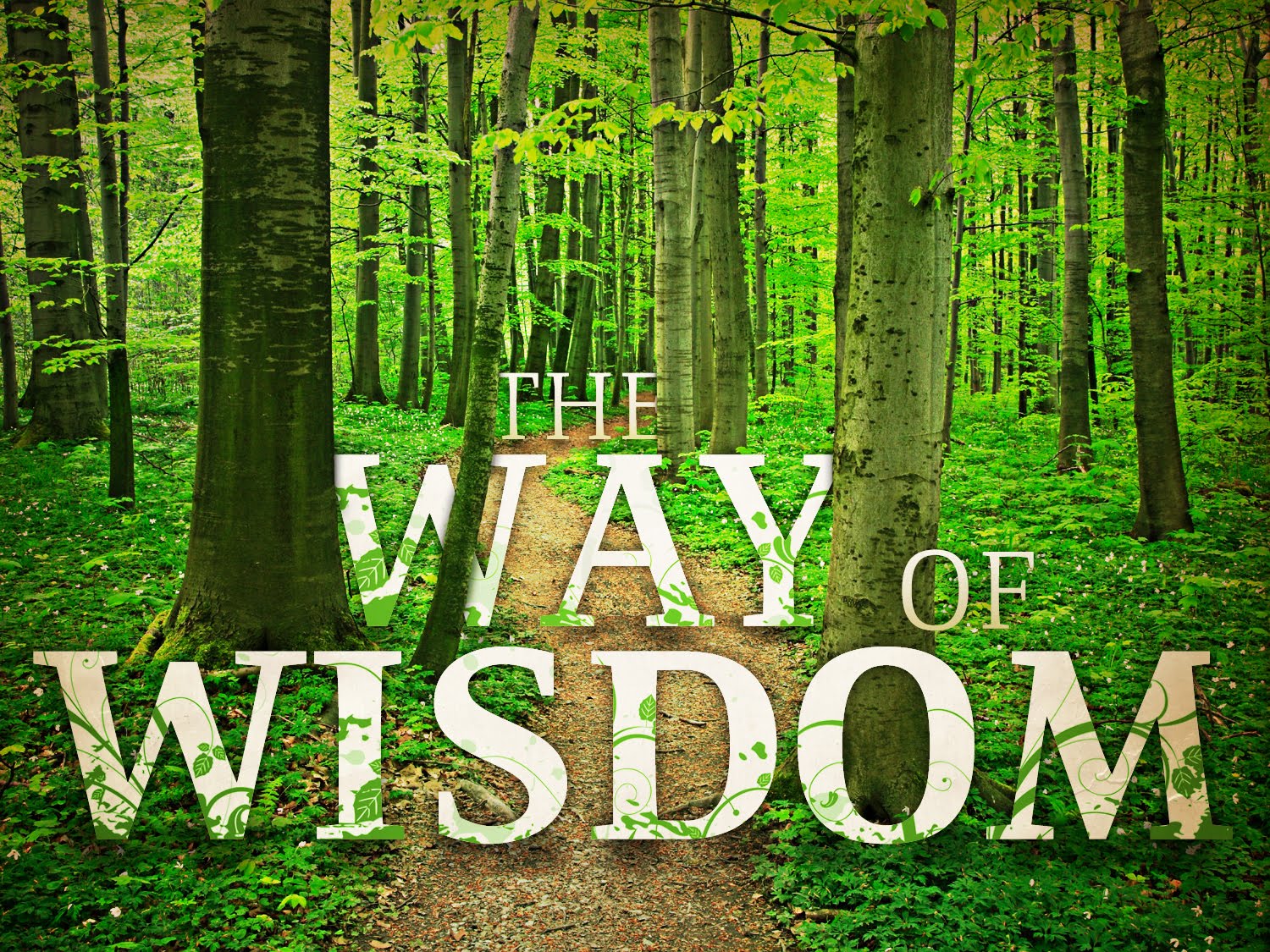
Photo: bing.com
Part I -A timely reflection on one of the most ancient subjects in philosophy - Wisdom.
- What does it mean to be wise?
- What is wisdom and how does one achieve it?
- Has the meaning or nature of wisdom changed over time?
- Why is wisdom important?
In a nutshell, there are no short answers to the questions above—to the nature and value of wisdom—but there are answers. There are sources we can search for which can provide us with a rich and diverse array of thoughtful responses to these questions, intended to educate the human mind and inspire the human spirit.
Indeed, wisdom is a multi-faceted synthesis of many human qualities. For millennia, students of wisdom and writers about it have associated wisdom with a number of positive human character strengths and virtues.
For our purpose here, I wish to share the following with you and then guide you to excellent sources for your own further research and thoughtful reflection:
‘Wise people live their daily lives in accord with wise perspectives and wise values. As a result, their actions make the world around them a better place. They help others to grow. They live compassionately. They resolve conflicts and in other ways maximize harmony and general well-being. If their own growth in wisdom is carried to the point where identification with Being takes place, they stop differentiating between themselves, the universe, and what needs to be done. At that point they see themselves and the rest of humanity as Being itself — evolving, and living progressively higher values.
As Maslow pointed out, when you see clearly what is, you automatically know what to do. Reality, in other words, has its own ethical imperatives. These ethical "musts" become obvious when the mind becomes quiet — when the clear truth about what needs to be done is not obscured by personal wants, fears, and dislikes. Wise people are able to sense ethical imperatives and act on them because intuition and intellect — working as coordinated partners — now run the show. What to do becomes clear under these conditions. So does what not to do. Wise people not only work to uplevel the process, they refuse to commit their time and energy to the unhelpful.’-Copthorne Macdonald, Founder, The Wise Page
A bit more On Wisdom
It’s woven from many strands
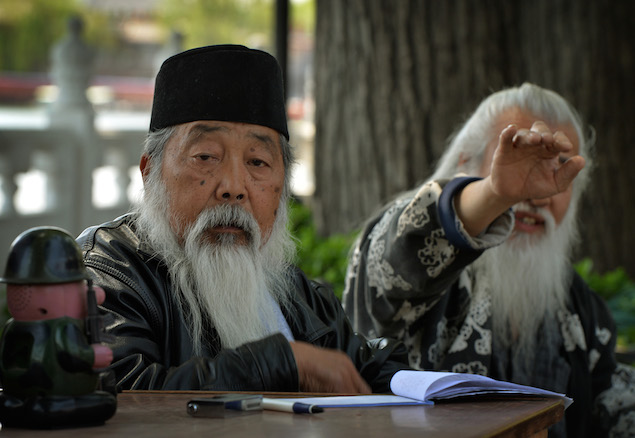
Photo:theschooloflife.com
‘The wise are, first and foremost, ‘realistic’ about how challenging many things can be. They aren’t devoid of hope (that would be a folly of its own), but they are conscious of the complexities entailed in any project: for example, raising a child, starting a business, spending an agreeable weekend with the family, changing the nation, falling in love… Knowing that something difficult is being attempted doesn’t rob the wise of ambitions, but it makes them more steadfast, calmer and less prone to panic about the problems that will invariably come their way.
Properly aware that much can and does go wrong, the wise are unusually alive to moments of calm and beauty, even extremely modest ones, of the kind that those with grander plans rush past. With the dangers and tragedies of existence firmly in mind, they can take pleasure in a single, uneventful, sunny day, or some pretty flowers growing by a brick wall, the charm of a three-year-old playing in a garden or an evening of banter among a few friends. It isn’t that they are sentimental and naive, precisely the opposite: because they have seen how hard things can get, they know how to draw the full value from the peaceful and the sweet – whenever and wherever these arise.’- Virtues of Character, The Book of Life
What Is Wrong with Modern Times – and How to Regain Wisdom
To deal with the ills of modernity in this challenging times and to suggest possible path/s to a better life, requires us to be wise!
‘The conditions of modernity are in many ways profoundly better than those under which the vast majority of humanity lived for more or less the whole of history. But, along with its manifest benefits, modernity has brought a special range of troubles into our lives which we would be wise to try to unpick and to understand.’- The Book of Life
Part II- The GCGI Wisdom Corner: Sharing the Wisdom to Build a Better World, a Better, Fulfilling Life
What is this life all about?
Why am I here? What’s my Life’s purpose? How can I make the most of my Life?
The GCGI Wisdom Corner

Photo:"Passing of Knowledge" by Victor Tan Wee Tar
“Come, come, whoever you are. Wanderer, worshiper, lover of leaving. It doesn't matter. Ours is not a caravan of despair. come, even if you have broken your vows a thousand times. Come, yet again , come , come.”- Jalaluddin Rumi, The Persian Sage of Beauty, Wisdom and Love.
Come, come, whoever you are, come
Do you hear that voice calling you, calling us?
- Details
- Written by: Kamran Mofid
- Hits: 2856
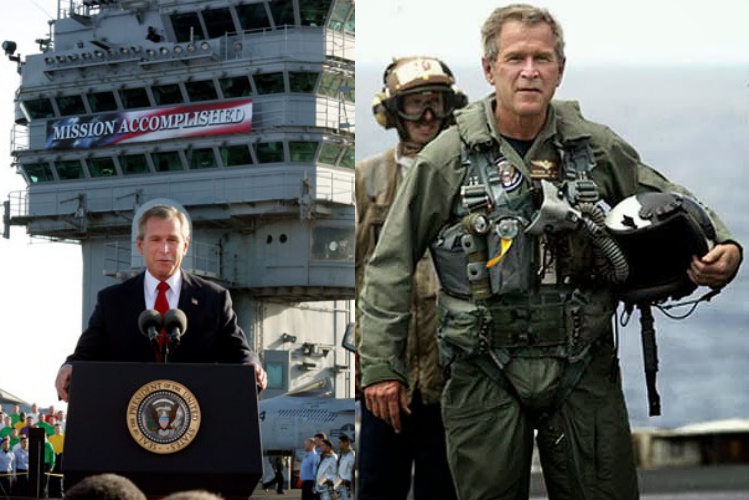
George W. Bush Declares Mission Accomplished. From aboard the aircraft carrier USS Abraham Lincoln on May 1, 2003, standing directly under a "Mission Accomplished" banner, President George W. Bush declares, "In the battle of Iraq, the United States and our allies have prevailed."Photo:amazonaws.com
The compelling evidence of the US Wars of Choice since 9/11, in breach of any values, decency and morality, leading to Untold Suffering and Human Rights Violations and Crises at home and across the globe.
The U.S. has spent six trillion dollars on wars that killed 500,000 people since 9/11: Study
Watson Institute, Brown University, Releases 'Cost Of War' Project
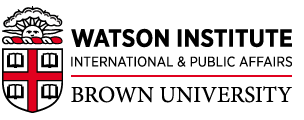
The price for America’s longest wars has surpassed more than $5.9 trillion and at least 480,000 lost lives, according to a new study released by the Watson Institute for International and Public Affairs at Brown University.
What are the costs of the war on terror? There is, of course, the human toll measured in injuries and fatalities, military and civilian. And then there is the financial cost. And a report out this past week tries to put a price tag on that mission set in motion on a fall morning 17 years ago.
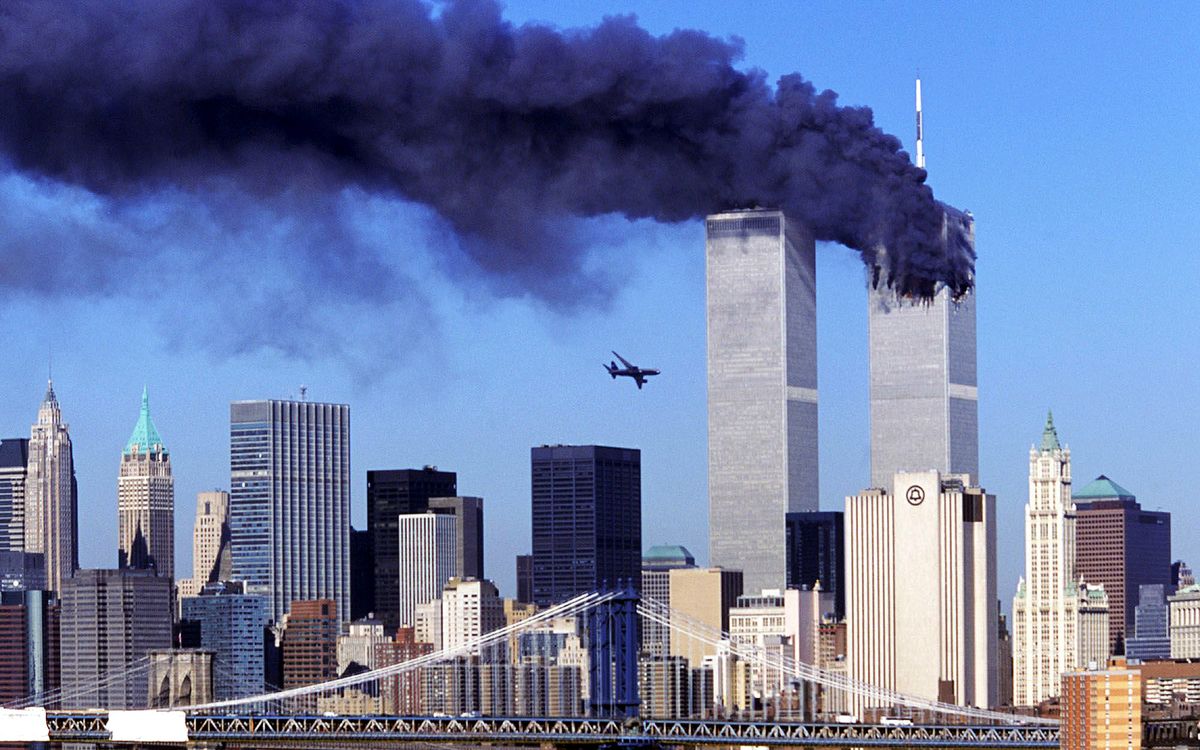
The September 11 attacks launched 17 years of American military action abroad and counting. Photo:onthisday.com
Brown University Releases 'Cost Of War' Project
Summary of Findings
Some of the Costs of War Project’s main findings include:

Photo:Watson Institute for International and Public Affairs/Brown University
- Over 480,000 people have died due to direct war violence, including armed forces on all sides of the conflicts, contractors, civilians, journalists, and humanitarian workers.
- It is likely that many times more have died indirectly in these wars, due to malnutrition, damaged infrastructure, and environmental degradation.
- 244,000 civilians have been killed in direct violence by all parties to these conflicts.
- Over 6,950 US soldiers have died in the wars.
- We do not know the full extent of how many US service members returning from these wars became injured or ill while deployed.
- Many deaths and injuries among US contractors have not been reported as required by law, but it is likely that at least 7,800 have been killed.
- 21 million Afghan, Iraqi, Pakistani, and Syrian people are living as war refugees and internally displaced persons, in grossly inadequate conditions.
- The US government is conducting counterterror activities in 76 countries, vastly expanding the counterror war across the globe.
- The wars have been accompanied by erosions in civil liberties and human rights at home and abroad.
- The human and economic costs of these wars will continue for decades with some costs, such as the financial costs of US veterans’ care, not peaking until mid-century.
- US government funding of reconstruction efforts in Iraq and Afghanistan has totaled over $170 billion. Most of those funds have gone towards arming security forces in both countries. Much of the money allocated to humanitarian relief and rebuilding civil society has been lost to fraud, waste, and abuse.
- The cost of the Iraq, Afghanistan, Pakistan, and Syria wars totals about $5.9 trillion. This does not include future interest costs on borrowing for the wars, which will add an estimated $8 trillion in the next 40 years.
- The ripple effects on the US economy have also been significant, including job loss and interest rate increases.
- Both Iraq and Afghanistan continue to rank extremely low in global studies of political freedom.
- Women in Iraq and Afghanistan are excluded from political power and experience high rates of unemployment and war widowhood.
- Compelling alternatives to war were scarcely considered in the aftermath of 9/11 or in the discussion about war against Iraq. Some of those alternatives are still available to the US.
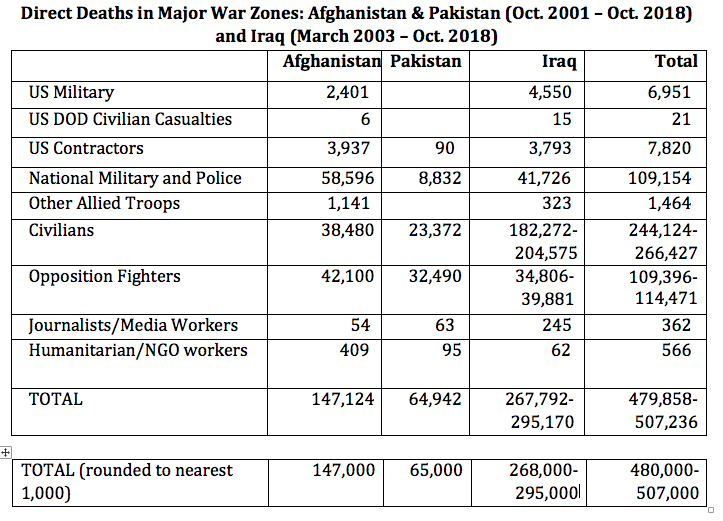
Photo:Watson Institute for International and Public Affairs/Brown University
HUMAN COSTS The number of people killed directly in the violence of the wars in Iraq, Afghanistan and Pakistan are approximated here. Several times as many have been killed indirectly as a result of the wars — because, for example, of water loss, sewage and other infrastructural issues, and war-related disease.
Read more: Human Cost of the Post-9/11 Wars: Lethality and the Need for Transparency
US BUDGETARY COSTS The vast economic impact of the wars in Afghanistan, Iraq, and Pakistan is poorly understood by the US public and policymakers. This chart and the attached paper estimate the costs of the wars.
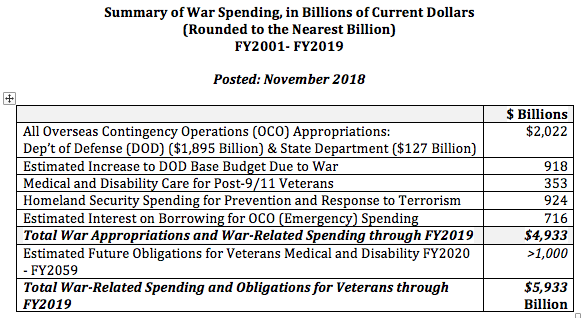
Photo:Watson Institute for International and Public Affairs/Brown University
Read more:
Watson Institute, Brown University, Releases 'Cost Of War' Project
Wars and Mayhem Abroad, Abject Poverty and Inequality at Home:
U.S. Wars Abroad Increase Poverty, Inequality and Injustice at Home: Who Foots the Bill for American Hegemony? The Poor for sure!
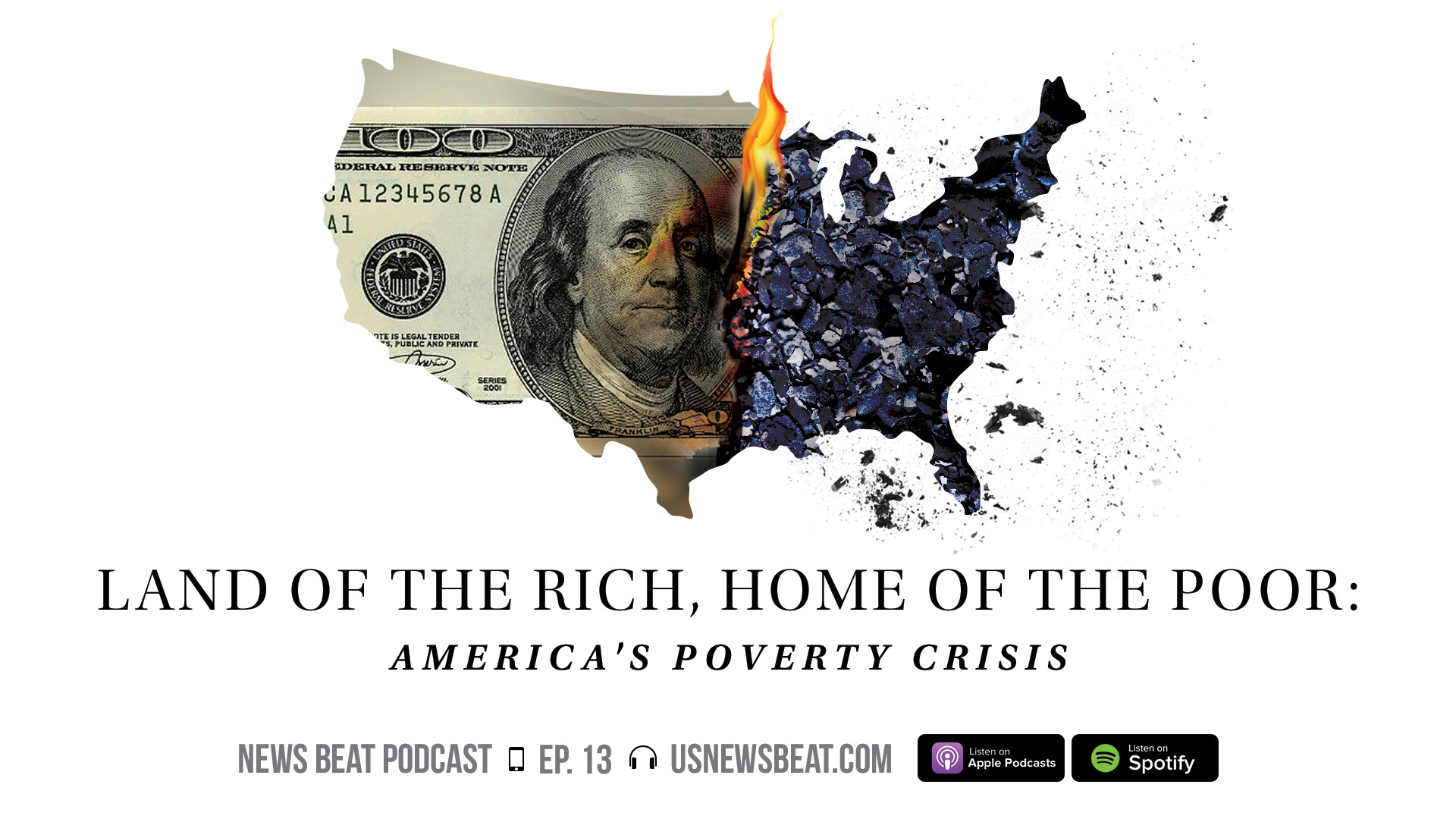
'The United States is one of the wealthiest nations in the world, and by certain fiscal parameters, the wealthiest. It’s richest citizens own roughly 40 percent of the world’s wealth. Yet, about 40 million Americans are living in poverty, and about 20 million are mired in extreme poverty, scraping by on less than $2 a day. At the same time that the top 1 percent are increasing their vast fortunes, the income inequality gap is ever-widening, and the middle class is dissolving. For tens of millions of Americans, the rose-colored portrait of a booming U.S. economy is pure fiction. Instead, they’re spending every waking moment simply trying to survive.'...Listen to the podcast
And now, The Biggest Question: Have these unwise, self harming people learnt their lesson? I say, NO!
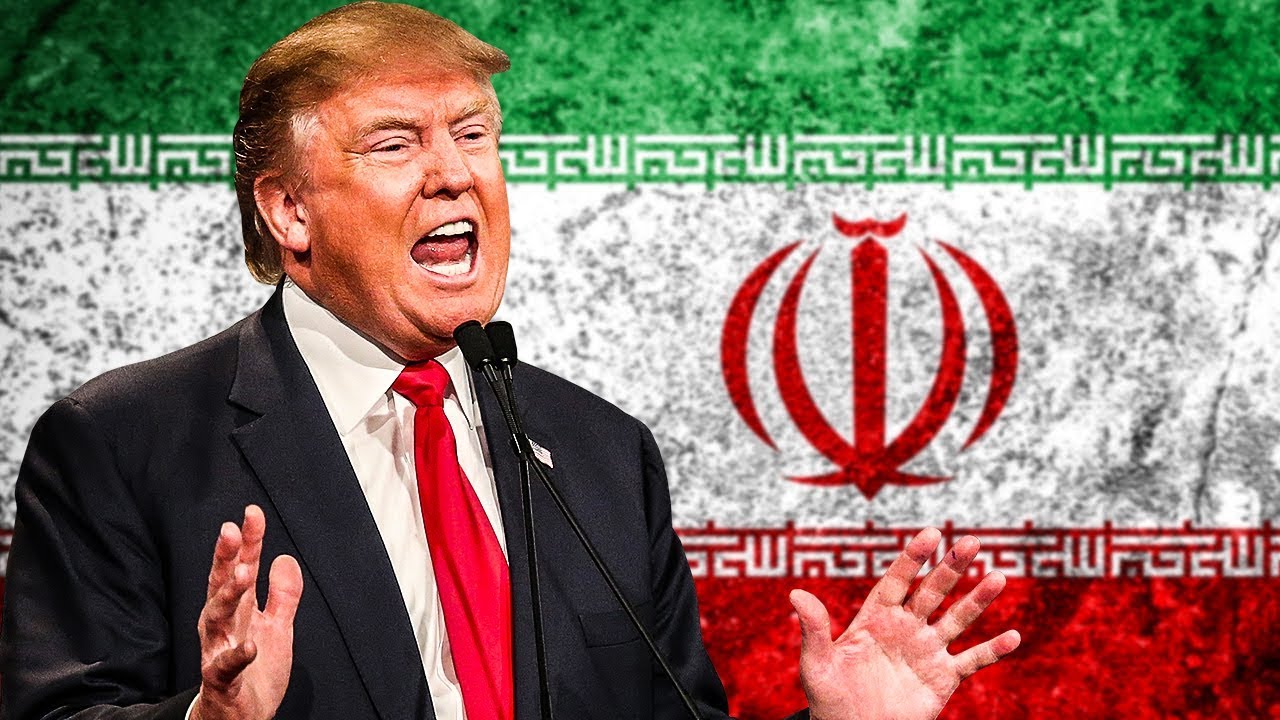
Photo: trofire.com
Trump administration hawks putting US on course for war with Iran, report warns
Trump Is Pressuring Intelligence Officials To Find A Reason To Start A War With Iran
A Note of warning to amoral and foolish warmongers: ‘How Perpetual War Became U.S. Ideology’
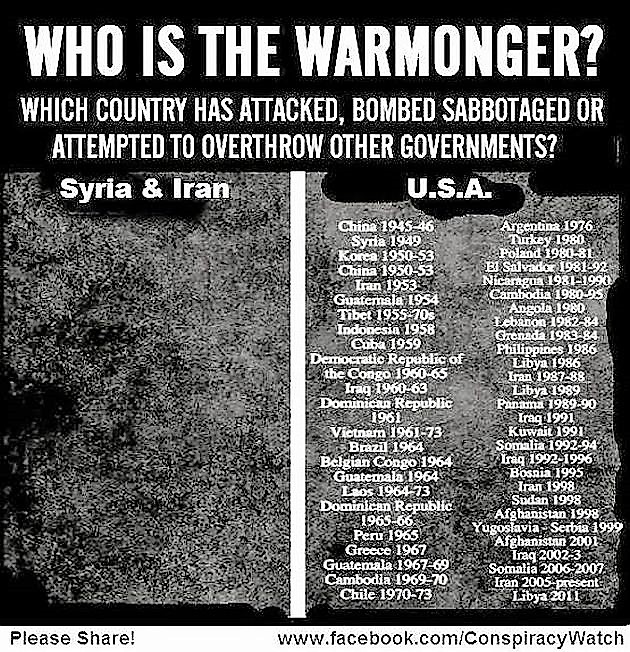
‘The United States has found itself in a seemingly endless series of wars over the past two decades. Despite frequent opposition by the party not controlling the presidency and often that of the American public, the foreign policy elite operates on a consensus that routinely leads to the use of military power to solve international crises.’
Lest the US Warmongers Forget: ‘In his last days, Adolf Hitler was reported to have declared over and over again that if the German nation could not win the Second World War, it did not deserve to exist. The American ruling class is entirely committed to a course of action that threatens the obliteration of not only much of the world’s people, but of the American population itself.
This is not the madness of individuals, but the insanity of a social class that represents an outlived and bankrupt social order, capitalism, and an equally outlived political framework, the nation-state system. And it can only be opposed by another social force: the world working class, whose social interests are international and progressive, and whose very existence depends on opposing the megalomaniacal war aims of American capitalism.’...Continue to read
...And finally, Is there an alternative to war? YES, for sure: Coventry’s Message of Hope to the World on the Armistice centenary and Remembrance Sunday
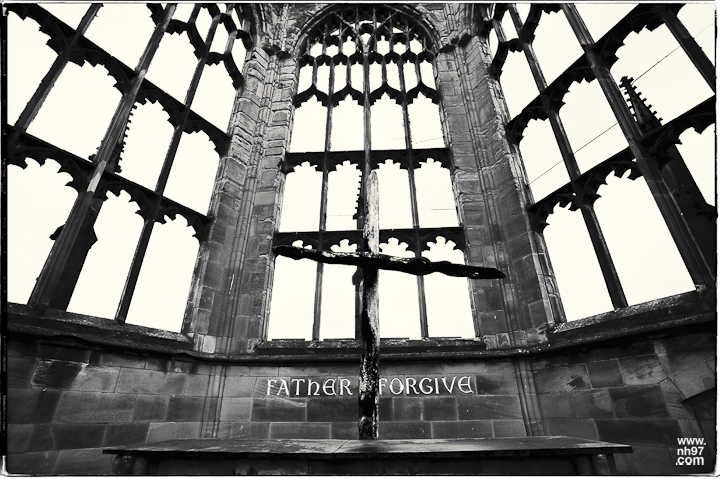
This is the Message of Hope and Healing from Coventry Cathedral
- Details
- Written by: Kamran Mofid
- Hits: 3274
Cultivating a Living Wisdom for Our Time
A Path to Discovering Beauty and the Beauty of Creation and the Creator
'Behind the beauty of the moon is the MoonMaker.'
There is Intelligence inside the ocean’s intelligence
Feeding our love like an invisible waterwheel.'
‘Nothing I say can explain to you Divine Love. Yet all of creation cannot seem to stop talking about it.’-Rumi
There is, indeed, a beauty on earth that is beyond comprehension.

“Come, come, whoever you are. Wanderer, worshiper, lover of leaving. It doesn't matter. Ours is not a caravan of despair. come, even if you have broken your vows a thousand times. Come, yet again , come , come.”- Jalaluddin Rumi, The Persian Sage of Beauty, Wisdom and Love.
Come, come, whoever you are, come
Do you hear that voice calling you, calling us?
- The man who taught me about war and peace, hatred and love, despair and hope
- 14 November 1940: The Day Coventry Gave the World the Charter of Forgiveness and Reconciliation it ever Needs
- Values-less Education for Profit is the Passport to Slavery
- Who was John Law: The Scottish gambler and economist who rescued France from bankruptcy
- What is the Value of MBA and Business Education?
